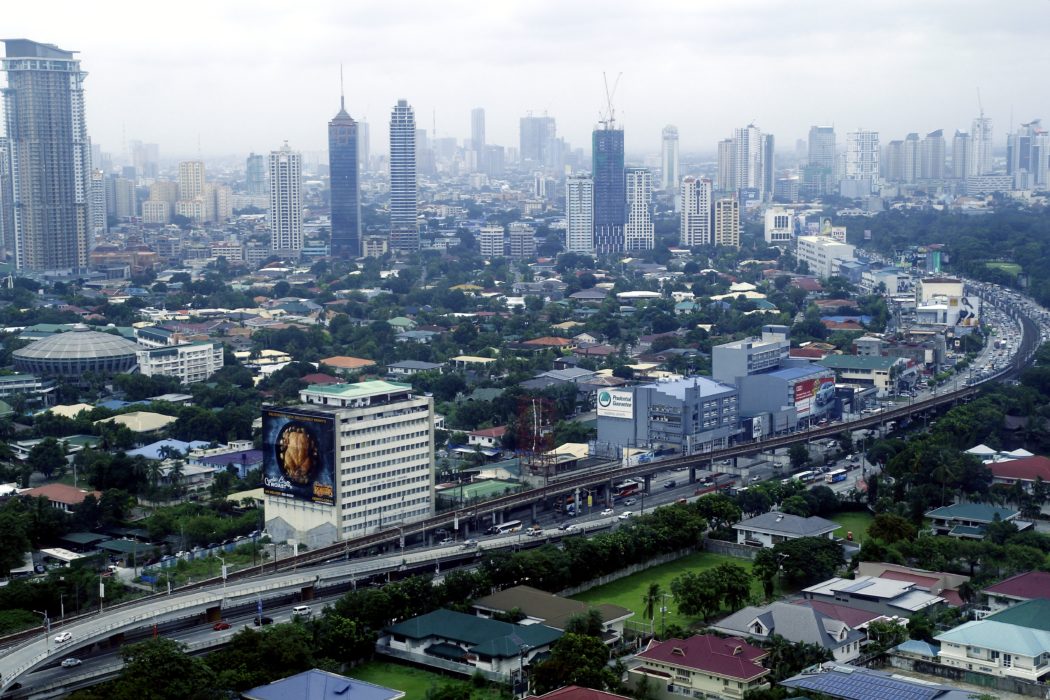Fourteenth, that’s where the World Bank ranks Malaysia in terms of ease of starting a business. Malaysia is open for business encouraging foreign investment, technology transfer, as it aims to be a high-income country by 2020. This has not always been the case. When I first came to Malaysia as a university student, sleeping on the floor for a furniture factory, trying my first ever laksa and watching sacred cows wander the streets of semi-rural Kuala Lumpur, it was merely another developing country in South East Asia.
But in just three decades Malaysia has transformed from a developing economy to a middle-income country. Investment in infrastructure and technology has paid off, and this traditional agricultural exporter is now manufacturing electronics for the world.
Malaysia has a digitally connected population, with the average person spending almost five hours a day online. That’s more than Singapore, China, Hong Kong and Japan.
Significant infrastructure development and easy access to the rapidly growing Southeast Asian consumer market make it a key digital hub.
Kuala Lumpur’s Multimedia Super Corridor (MSC) helps technology companies do business in Malaysia. It’s a special geographic zone near the airport that’s free from online censorship. It also provides tax concessions and high-speed internet.
More than 3800 Australia companies are currently exporting to Malaysia
And there are over 3800 Australia companies exporting to Malaysia and the Malaysian Australia Free Trade Agreement (MAFTA) is making it easier for many companies to do business here. Almost all Australian imports now come in tariff free – including milk, rice, iron and steel, wine, and processed foods.
The services sector is also benefiting from the free trade agreement – it now allows 70 per cent majority foreign ownership in education, financial services and telecommunications…and 100 per cent foreign ownership in areas like accounting.
So why don’t you try a MAFTA with your LAKSA?
*Tim Harcourt is the JW Nevile Fellow in Economics at UNSW Sydney and host of The Airport Economist on Sky News Business Channel and Qantas www.theairporteconomist.com
Data source: The World Bank
This was first published in the Herald Sun newspaper.
More articles for you:
1. Trading Nation
2. Trump, trade and jobs
3. Australia, China can change the ‘age’ of Trump
The Airport Economist TV show on how to do business in Qantas destinations in Asia and around the world is currently being shown on Qantas Domestic and International flights.
Tim Harcourt is the JW Nevile Fellow in Economics at the UNSW Sydney and host of The Airport Economist on Sky News and Qantas
Don’t forget you can also watch the Airport Economist on YouTube, visit us on Facebook , find out the latest news on Twitter or network with us on LinkedIn. You can also send Tim a message or question here.

